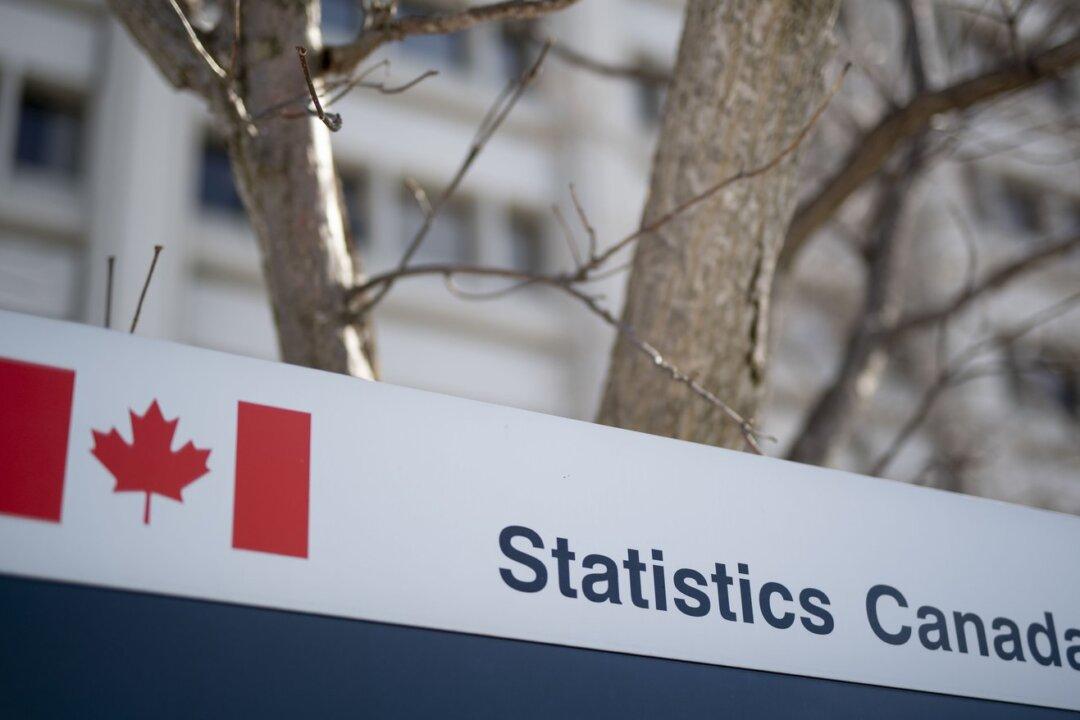At 13,241 deaths in 2022, Medical Assistance in Dying (MAID) should be Canada’s sixth leading cause of death, but Statistics Canada isn’t counting assisted dying in its yearly mortality datasets because the World Health Organization hasn’t given the procedure a classification.
On Nov. 27, StatCan released its annual dataset on mortality, which showed a 7.2 percent increase between 2021 and 2022 in the number of deaths from all causes across Canada, with life expectancy decreasing for the third year in a row.





